Having an eco-fit home in the UK is becoming increasingly popular as people look to reduce their environmental impact, save on energy costs, and improve their quality of life. An eco-fit home is designed or upgraded to be environmentally friendly and sustainable. Here are six reasons why having an eco-fit home is important today in the UK:
- Energy Efficiency and Cost Savings
- Reduced Carbon Footprint
- Improved Health and Well-being
- Increased Property Value
- Government Incentives and Regulations
- Resilience to Energy and Climate Challenges

modern eco home
1. Energy Efficiency and Cost Savings
Eco-fit homes incorporate energy-efficient technologies and design principles that significantly reduce energy consumption. This includes using high-quality insulation, energy-efficient windows, and appliances, and integrating renewable energy sources like solar panels. As energy prices in the UK continue to rise, these measures can lead to substantial savings on utility bills over time.
2. Reduced Carbon Footprint
By minimising energy consumption and utilising renewable energy, eco-fit homes substantially lower greenhouse gas emissions. This reduction is crucial in the UK’s efforts to meet its carbon reduction targets under the Paris Agreement. Every eco-friendly home contributes to a larger societal impact in the fight against climate change.
3. Improved Health and Well-being
Eco-fit homes often use materials and systems that enhance indoor air quality and overall living conditions. For example, using non-toxic paints, materials with low VOCs (volatile organic compounds), and efficient ventilation systems can reduce the risk of respiratory problems and other health issues. Additionally, natural lighting and improved thermal comfort can positively affect mental health and well-being.

eco home exterior
4. Increased Property Value
Homes with eco-friendly features are increasingly attractive to buyers who are conscious of energy costs and environmental impact. In the UK property market, eco-fit homes can command higher resale values and often sell faster than conventional homes. Features like solar panels, energy-efficient heating systems, and sustainable building materials are seen as valuable investments.
5. Government Incentives and Regulations
The UK government provides various incentives and grants to encourage homeowners to adopt eco-friendly measures. Programs like the Green Homes Grant help offset the costs of energy-efficient improvements. Additionally, evolving regulations are making it increasingly important for homes to meet certain environmental standards, which means having an eco-fit home can future-proof against compliance issues.
6. Resilience to Energy and Climate Challenges
Eco-fit homes are better equipped to handle energy shortages and extreme weather conditions. Features like rainwater harvesting systems, drought-resistant landscaping, and improved insulation make these homes more resilient to the effects of climate change and less dependent on external energy sources. This resilience is particularly important as the UK faces more frequent and severe weather events due to global warming.

eco interior home
So what’s the verdict?
Eco-fit homes represent a step towards a more sustainable and resilient future. They offer numerous benefits including lower energy costs, reduced environmental impact, enhanced health and well-being, increased property value, eligibility for government incentives, and greater resilience to energy and climate challenges. As the UK continues to advance its green agenda, the demand for eco-friendly homes is likely to grow, making eco-fit homes a wise investment for today and the future.
Sources:
- Citizens Advice. “Make your home more energy efficient.” citizensadvice.org.uk
- UK Government. “Energy Efficient Homes” GOV.uk.
- Royal Institute of British Architects (RIBA). “How to create a sustainable home.” RIBA Architecture.com.

